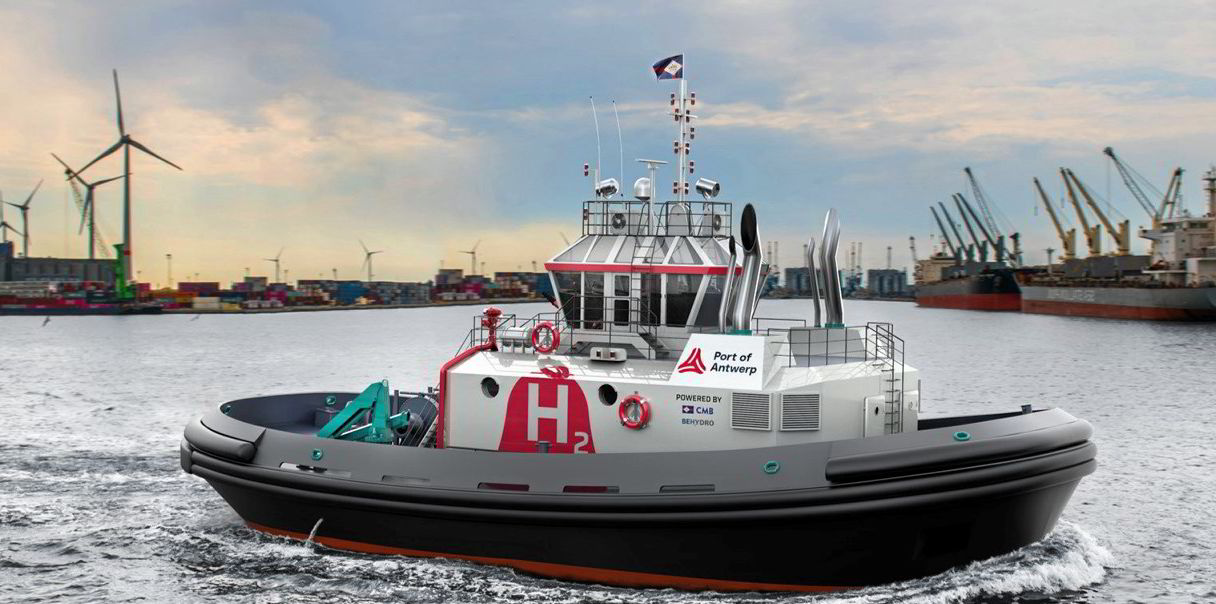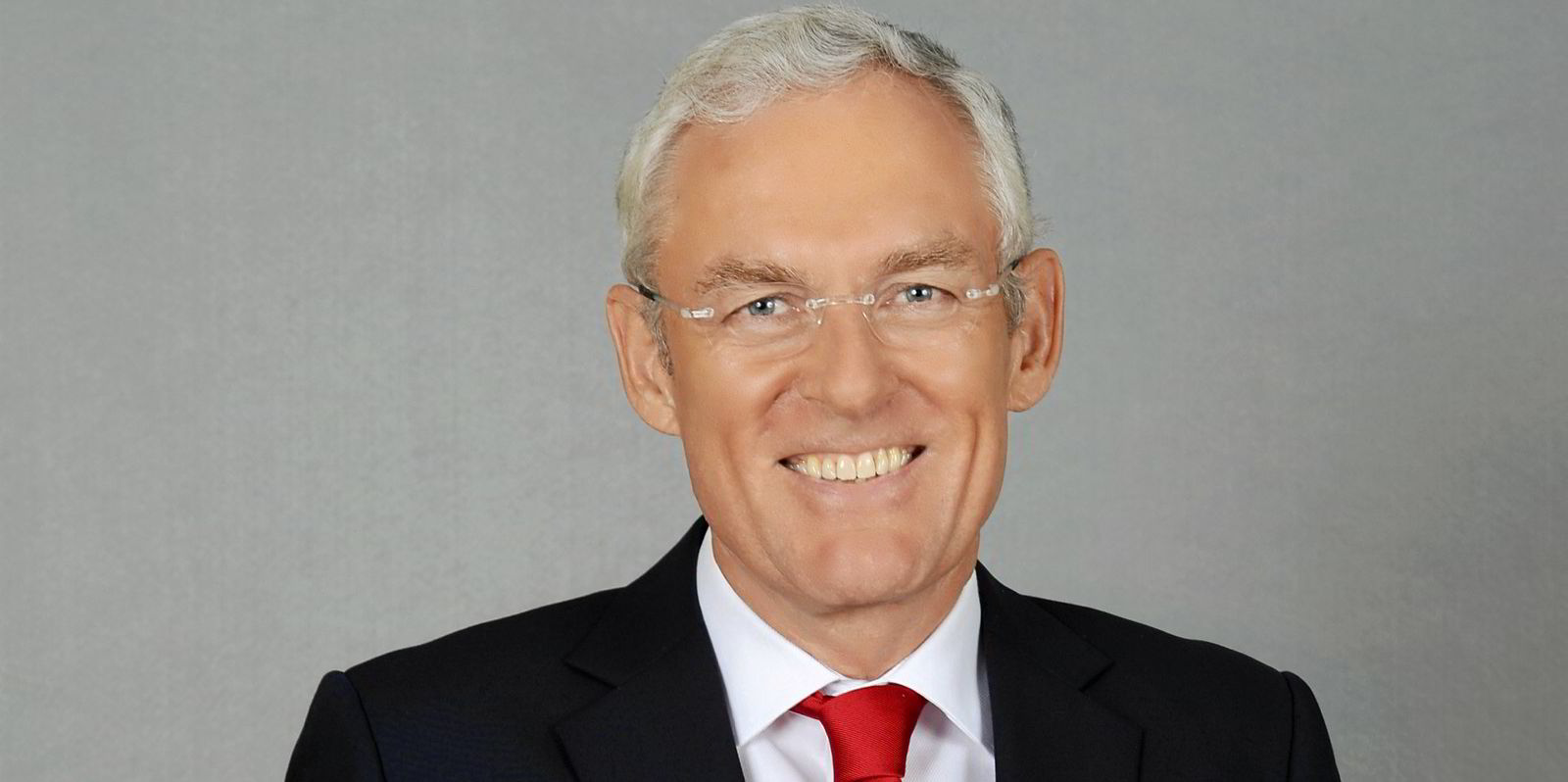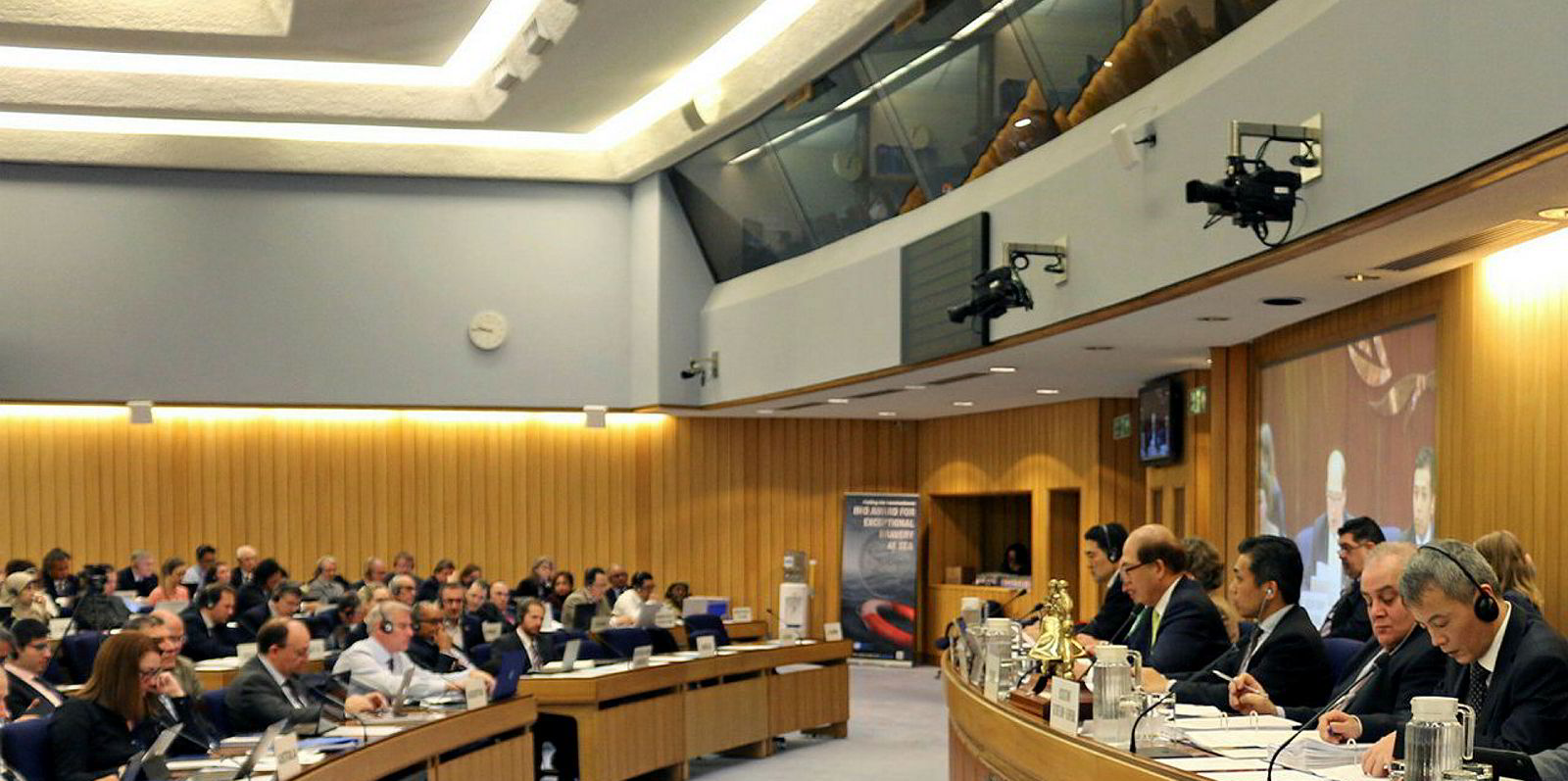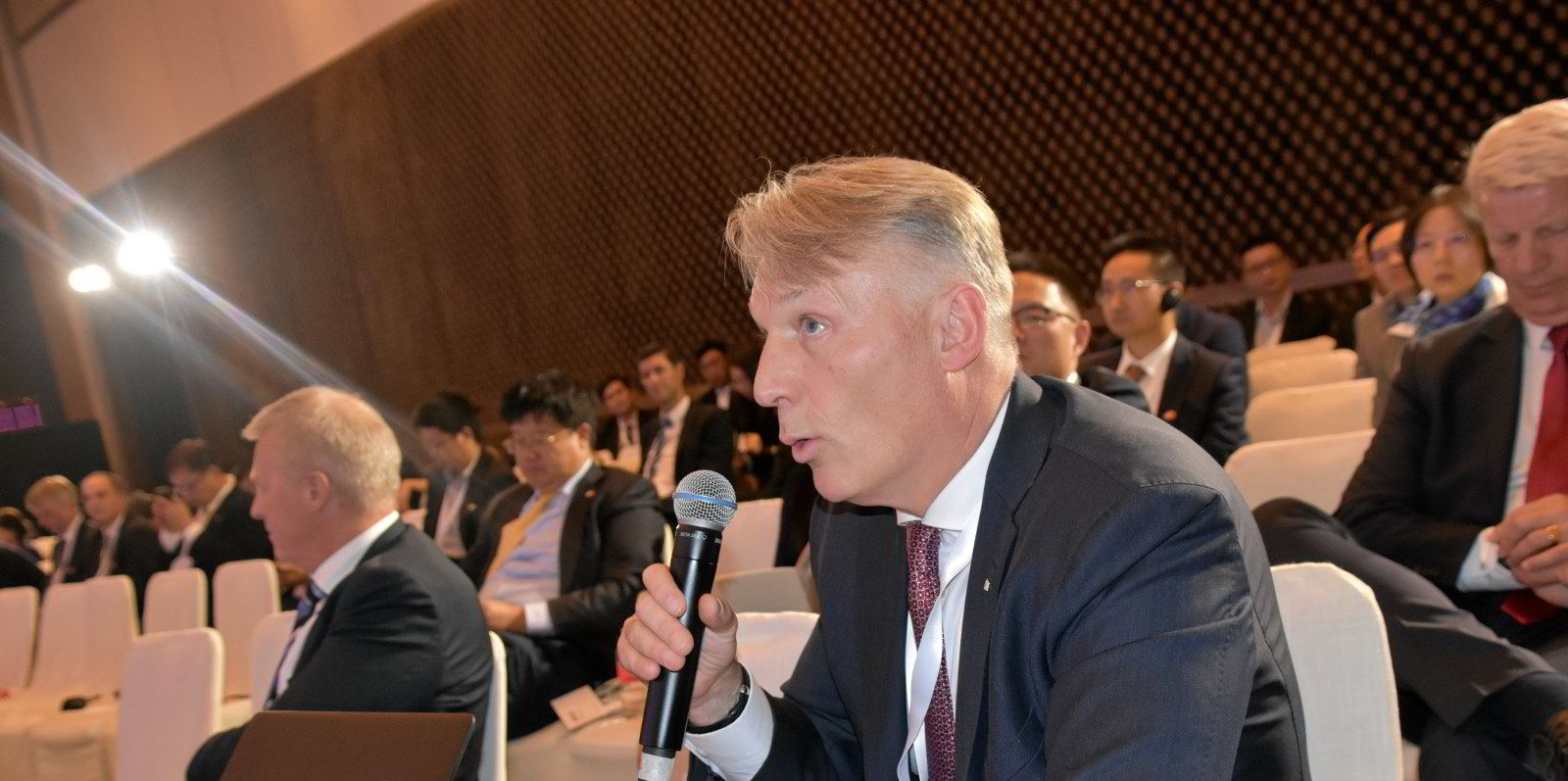When governments need to move fast, to respond to crises and develop scalable solutions, they turn to industry. In the past months, we have seen the Herculean effort by the pharmaceutical industry to come forward with Covid-19 candidate vaccines in record time.
It was not political institutions or international organisations that were equipped to do this, it was the power of industry that was harnessed to undertake the urgent research and development (R&D).
So, faced with a similarly Herculean challenge, the decarbonisation of shipping, the industry has again stepped forward to find solutions.
Global trade
International shipping is key to the global economy, transporting about 90% of global trade volumes. It requires 4m barrels of oil a day — 4% of global oil production, equivalent to more than one-third of the daily production of Saudi Arabia — to move these vital goods.
The value of cargoes shipped by sea is close to $7trn annually, more than the entire GDP of Japan. The size and scale of today’s ships and the daily volume of trade they transport requires a colossal power input. The energy used by a typical large vessel crossing the ocean could provide power for 50,000 homes.
Yet moving such a huge amount of goods results in significant carbon emissions. The shipping industry produces 0.9 gigatonnes — 2% of the global economy’s total CO2 emissions.
Shipping recognises that it needs to end its dependence on fossil fuels. New fuels will need to be developed, along with novel propulsion systems, upgraded vessels and an entirely new global refuelling network. To develop these new technologies at speed will require a similar gigantic effort to the one unleashed to develop the candidate vaccines.
Alternative fuels
Ammonia and hydrogen are less energy-dense than oil, meaning ships would need to consume up to five times as much fuel by volume.
If the global fleet all adopted green ammonia fuel, for example, ammonia production would have to treble to 440m tonnes — requiring 750 gigawatts of renewable energy. This means shipping alone would consume 60% of the world’s current renewable-energy production of 2,537 gigawatts. The battery challenge is just as great.

To address the enormous challenge of decarbonisation, the industry has proposed creating a $5bn R&D fund, paid for by a levy on marine fuels and to be overseen by the International Maritime Organization, so that the power of industry can be unleashed.
As with the vaccine development, the green light from governments cannot come soon enough. The IMO has considered this proposal and has agreed to move forward to the next stage of its deliberations.
But to be clear, industry needs an unambiguous signal. This is a simple proposal to drive innovation. This is not a vehicle for governments to use for their own agendas. Adding red tape will stifle the limited chances we have to develop the technologies needed at the scale and speed required.
Fourth revolution
It would be naive to suggest that the industry proposal is the only lever needed to catalyse what we at the International Chamber of Shipping (ICS) call the fourth propulsion revolution.
A simple understanding of market economics recognises that we will need a functioning market that equitably incentivises the use of new fuels over fossil fuels.
In the power sector, we have seen the use of feed-in tariffs to de-risk investment and deployment of new technologies, and there will need to be a discussion about market-based measures and incentives. However, this must not get in the way of the R&D that is urgently needed.
Grasping the opportunity
We welcome IMO member states' agreement this week to further consider the industry proposal for the development of an International Maritime Research and Development Board to oversee the creation and use of the $5bn R&D fund. The industry just needs the starting gun to be fired and we are ready to create the solutions, as we have seen when challenged to come up with a vaccine.
However, if governments do not grasp this opportunity, recognising the critical need to address the climate crisis, they will only have themselves to blame. As United Nations secretary general Antonio Guterres often says, we urgently need to increase the speed and scale of climate solutions — and this is what industry does best.
Esben Poulsson is chairman of the ICS
Do you have an opinion to share? Email: news@tradewindsnews.com






